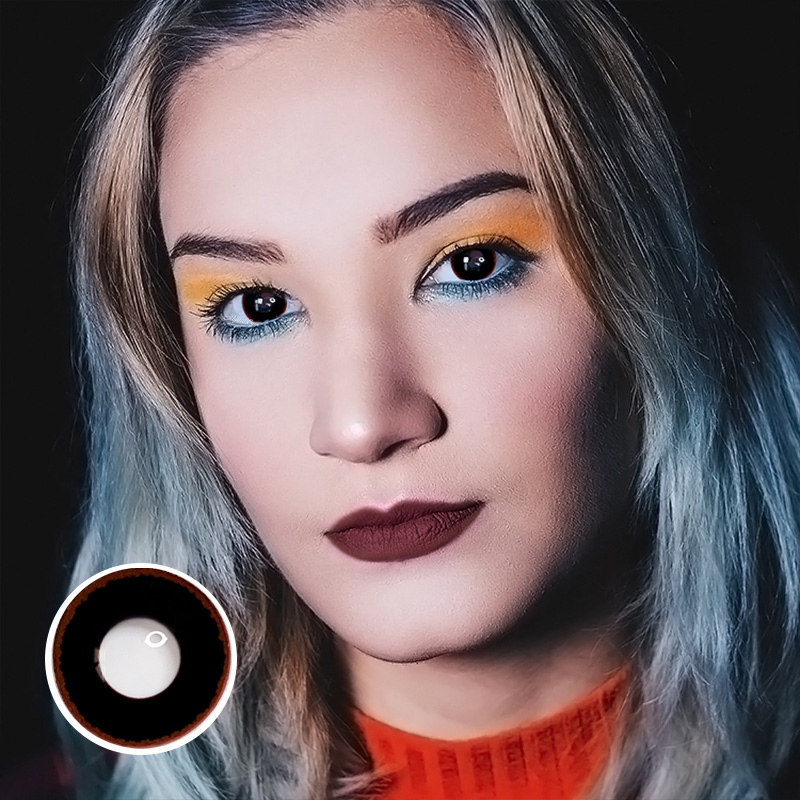What happens if I don't change my Hell Raiser Black Contacts Lenses every month?
May 25, 2023
Hell Raiser Black contact lenses are a fictional product inspired by the Hellraiser franchise. However, assuming you are referring to regular colored contacts lenses, it is important to follow the recommended guidelines for lens wear and replacement provided by the manufacturer and your eye care professional.
Hell Raiser Black Contact Lenses For Party or Halloween 14.5mm
If you don't change your contact lenses as directed, several issues may arise:
-
Reduced vision quality: Over time, contact lenses accumulate deposits such as proteins, lipids, and debris from the environment. These deposits can interfere with your vision, causing blurriness and reducing the clarity of your eyesight.
-
Increased risk of eye infections: Contact lenses create a barrier between your eyes and the external environment. Prolonged use of contact lenses beyond the recommended replacement schedule increases the risk of bacterial or fungal infections. The accumulation of deposits on the lenses can also serve as a breeding ground for bacteria, further increasing the risk.
-
Discomfort and dryness: As contact lenses online age, they become less comfortable to wear. The surface may become rougher, leading to irritation, redness, dryness, and a gritty feeling in the eyes. These symptoms can make it difficult to wear the lenses for extended periods.
-
Corneal complications: Extended use of contact lenses without proper replacement can potentially lead to corneal complications. Oxygen permeability is an essential factor for maintaining the health of the cornea. Wearing contact lenses beyond their recommended lifespan can restrict oxygen flow to the cornea, increasing the risk of corneal edema, neovascularization, and other serious complications.
To ensure optimal eye health and vision, it is crucial to adhere to the replacement schedule recommended by your eye care professional. If you have any concerns or questions about your black eye lens, it is always best to consult with an eye care professional for guidance.

